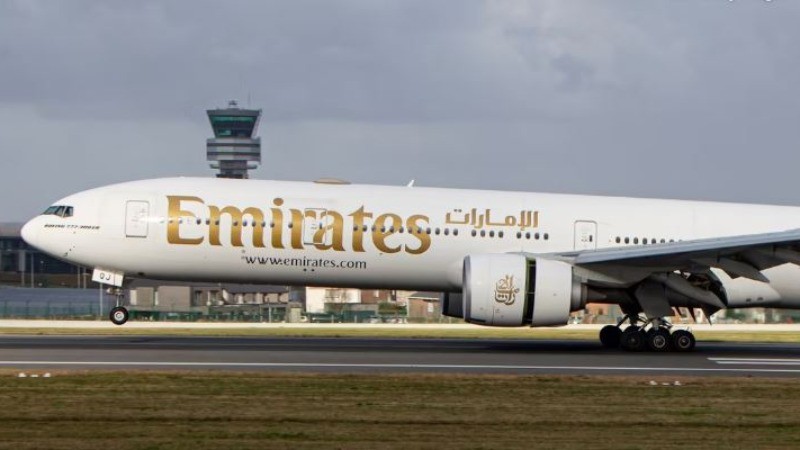
Air travellers flying between the Gulf and India are experiencing longer and costlier journeys as airlines adjust flight routes amid escalating tensions in the Middle East. As neighboring countries close their airspace, airlines have been forced to reroute flights, leading to increased travel times.
Several airlines from the Gulf region have altered their routes to ensure passenger safety. With airspace restrictions imposed by countries near the conflict zones, flights are now navigating alternative paths to avoid the ongoing unrest.
The Indian government has issued a travel advisory, urging citizens to avoid non-essential travel to Iran. "We are closely monitoring the recent escalation in the region. Those in Iran should stay vigilant and remain in contact with the Indian Embassy in Tehran," the advisory said.
Tensions escalated further after Iran launched missile attacks on Israel. This followed Tel Aviv's ground operation in Lebanon targeting Hezbollah strongholds and the death of Hezbollah leader Hassan Nasrallah in a Beirut airstrike.
Airfares have surged, with prices soaring significantly. As of Wednesday, tickets to Tel Aviv have exceeded ₹222,000, a sharp increase from the typical ₹71,000 to ₹135,000. Experts predict further price hikes in the coming days.
British Airways reaffirmed its focus on safety, stating, "Safety and security are our highest priorities, and we continually assess and adjust our operations as necessary."
Swiss International Air Lines (SWISS) has also adjusted its routes, avoiding airspace over Iran, Iraq, and Jordan until at least October 2. This change has extended flight times to destinations like Dubai, India, and Southeast Asia by up to 15 minutes. Additionally, SWISS will bypass Israeli and Lebanese airspace until October 31. One flight, LX242 to Dubai, was rerouted via Antalya for refueling.
An Air India official said, “All flights are reviewed daily for security risks. Adjustments are made as needed to minimize disruptions while maintaining non-stop services. The situation is being closely monitored.”
In response to the conflict, many airlines have suspended flights to Israel and Lebanon. KLM has halted flights to Tel Aviv until the end of the year, while Lufthansa has suspended flights to Beirut until November 30 and to Tel Aviv until October 31. Emirates has extended its suspension of flights to Iraq, Iran, Jordan, and Beirut until October 8, while Italy's ITA Airways has paused its Tel Aviv flights until the end of October.
In August, many passengers were stranded in Israel when airlines like United, American, British Airways, Lufthansa, and Air India temporarily halted their services.
Middle East Tensions Force Gulf Airlines to Reroute: What You Need to Know
Donald Trump Warns of ‘Global Catastrophe’ After Iranian Missile Attack on Israel
Iran Launches Massive Missile Attack on Israel, Israeli Military Reports No Casualties